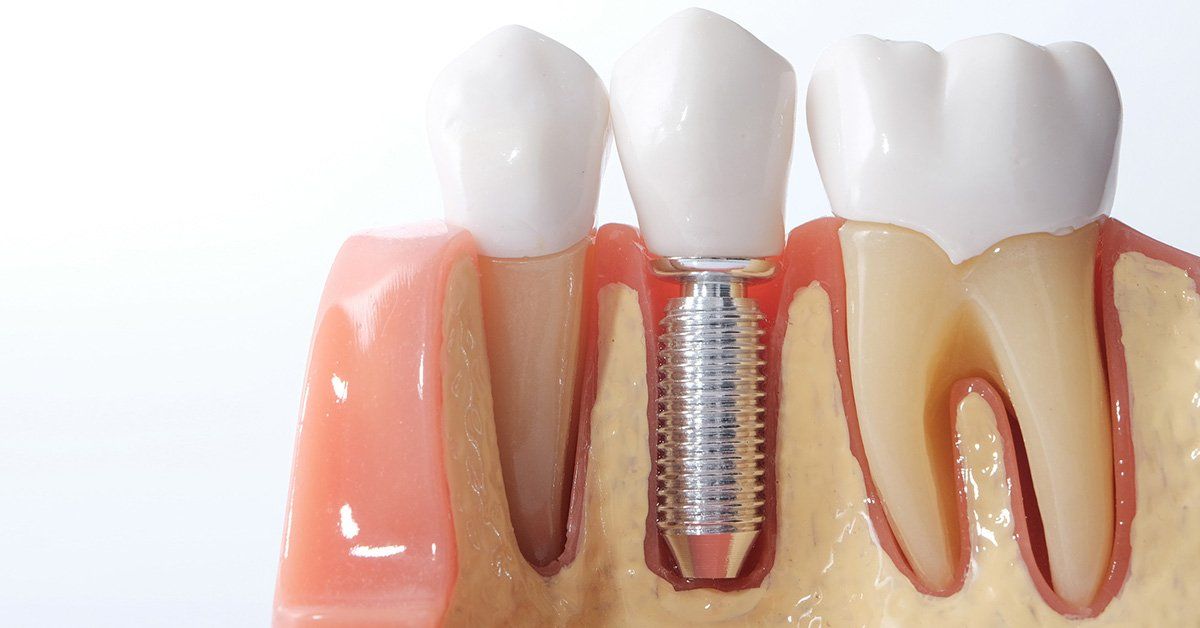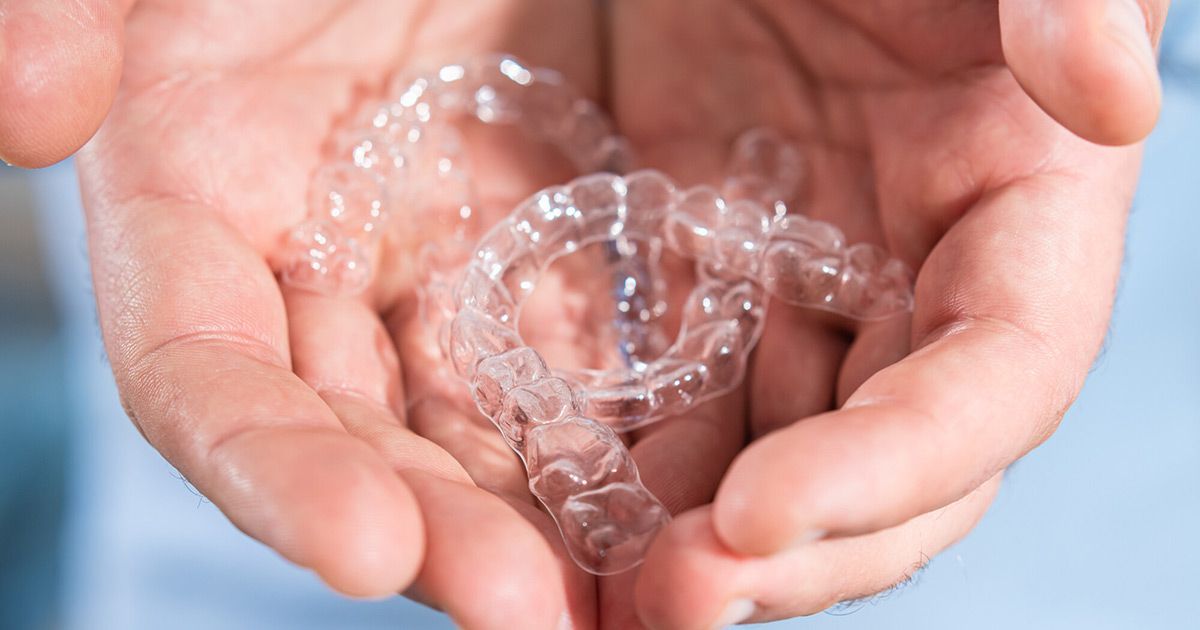Dental Implants 101: Everything You Need to Know About Dental Implants
Are you considering dental implants, but you aren't sure how they work? Read this article to learn everything you need to know about dental implants.
Think of all the happy occasions in life. Remember family weddings and get-togethers, special accomplishments, and even having a few laughs with friends. Are these memories marred by your self-consciousness and trying to hide your smile?
For the estimated 178 million Americans who are missing at least one tooth, the answer is likely to be "yes." As sad as it may be to have this experience in your past, it doesn't have to be your future too.
Dental implants could be the perfect solution to give you back your confidence and restore your teeth.
What Are Dental Implants?
To be brief, a dental implant is a prosthetic tooth. Most are meant to be permanent, but there are also options that let you remove the tooth itself in the future.
In all types of dental implants, the implant itself is a metal piece that a surgeon embeds in your jaw to mimic the root of your missing tooth. Think of it as a screw socket that the surgeon then screws a false tooth into.
These implants mimic the look, feel, and function of a natural tooth. They're popular among people who have lost teeth due to injuries or gum disease, or who were born without certain teeth.
The Advantages of Dental Implants
If you're considering the dental implants procedure, there are several advantages you can look forward to.
The Cosmetic Appearance
The most common reason patients choose any type of dental implants is their appearance. They dislike the look of their missing tooth and the unfortunate prejudices that often come with it.
With a dental implant, no one would know it isn't your natural tooth. Your specialist can design the tooth to match the size, shape, and color of your other teeth so it's undetectable.
An Alternative to Dentures
For patients who are missing multiple teeth but still have most of their teeth, the choice is often between implants or partial dentures.
Dentures come with struggles that many people don't want to deal with, though. It can be difficult to get the right fit and if they don't seal properly, you'll get food stuck in them often. You also have to remove them to clean them every night, and they can feel uncomfortable or unnatural.
With the dental implants procedure, on the other hand, the implants feel and act like your natural teeth. You don't need to worry about sealants or extra steps to clean them, and they're perfectly comfortable.
Fewer Speech Issues
On top of the cosmetic problem, missing teeth often cause speech issues. You need certain teeth to form specific sounds in your mouth. If the wrong teeth are missing, you may develop a lisp or another speech impediment.
When you replace them with any types of dental implants, you can once again form all the sounds you need and your speech can go back to normal.
A Durable Solution
Teeth themselves require plenty of maintenance, and no one wants to add to that burden by replacing their substitute teeth on a regular basis. This isn't a problem you'll have with a dental implant.
These implants are durable and in most patients, the procedure is a one-time process.
Candidates for the Dental Implants Procedure
With all those advantages at stake, how do you know if you're a candidate for the various types of dental implants?
Most people with at least one missing tooth are candidates. It primarily comes down to your health, though.
Your jawbone and gums must be healthy enough to support the new implant. If you lost your teeth due to gum disease, you will need to get the gum disease under control before finding out if you're a candidate for an implant.
The procedure itself is surgical, so you need to be healthy enough for surgery too.
Ultimately, it comes down to meeting with a dental implant surgeon for them to evaluate you in person. They'll determine if you're a candidate at all and explain the best types of dental implants for you.How to Pay for Dental Implants
As much as implants can impact your life, they are generally considered to be cosmetic. That means most dental insurance plans won't cover them.
However, it can depend on your specific plan and the cause of your tooth loss. It can also depend on the types of dental implants you receive. Speak with your implant surgeon about whether they have experience with your insurance carrier.
Most people will be paying for their own implants, but surgeons are prepared for this. Ask about payment plans or credit options to make your implants more manageable.
The Dental Implants Procedure
Let's say you've weighed the pros and cons, you know you're a candidate, and you have the cost worked out. What can you expect from the procedure?
The Implant Procedure
For all types of dental implants, the implant process begins with a consultation with your dental surgeon. They will evaluate your gum health, examine your mouth, and discuss your health. You may need to undergo other tests to make sure your procedure can be a success.
The procedure itself starts with a surgery which is most often done with local anesthesia instead of general anesthesia. This means there is little downtime while you recover.
During the dental implants procedure, the doctor will make an incision in your gums and place the metal implant into the empty tooth socket in your jaw.
In rare cases when you don't have enough bone tissue, the surgeon may first need to use a bone graft to develop new bone growth in the area. However, this is something your surgeon will discuss at your consultation if necessary.
After your surgery, the surgeon will allow you to heal for six to twelve weeks. During this time, your jaw bone will grow around the implant, securing the implant in the bone.
Finally, you'll return to the office where the surgeon will attach the custom-designed tooth to your implant.
Caring for Your Dental Implants
For many patients, this is the best part of all types of dental implants: they require no additional care. You'll care for them the same way you care for your natural teeth: brushing, flossing, and using antibacterial mouthwash in addition to maintaining your dental cleanings and check-ups.
Taking Charge of Your Smile
Tooth loss can be hurtful in far more ways than the physical pain. The self-consciousness puts a serious damper on many patients' lives, but it doesn't need to. Dental implants can be a way to reclaim your smile and your joy.
To find out if you're a candidate for any type of dental implants procedure, call our implant specialists at Georgetown Family Dentistry in Georgetown, MA.




